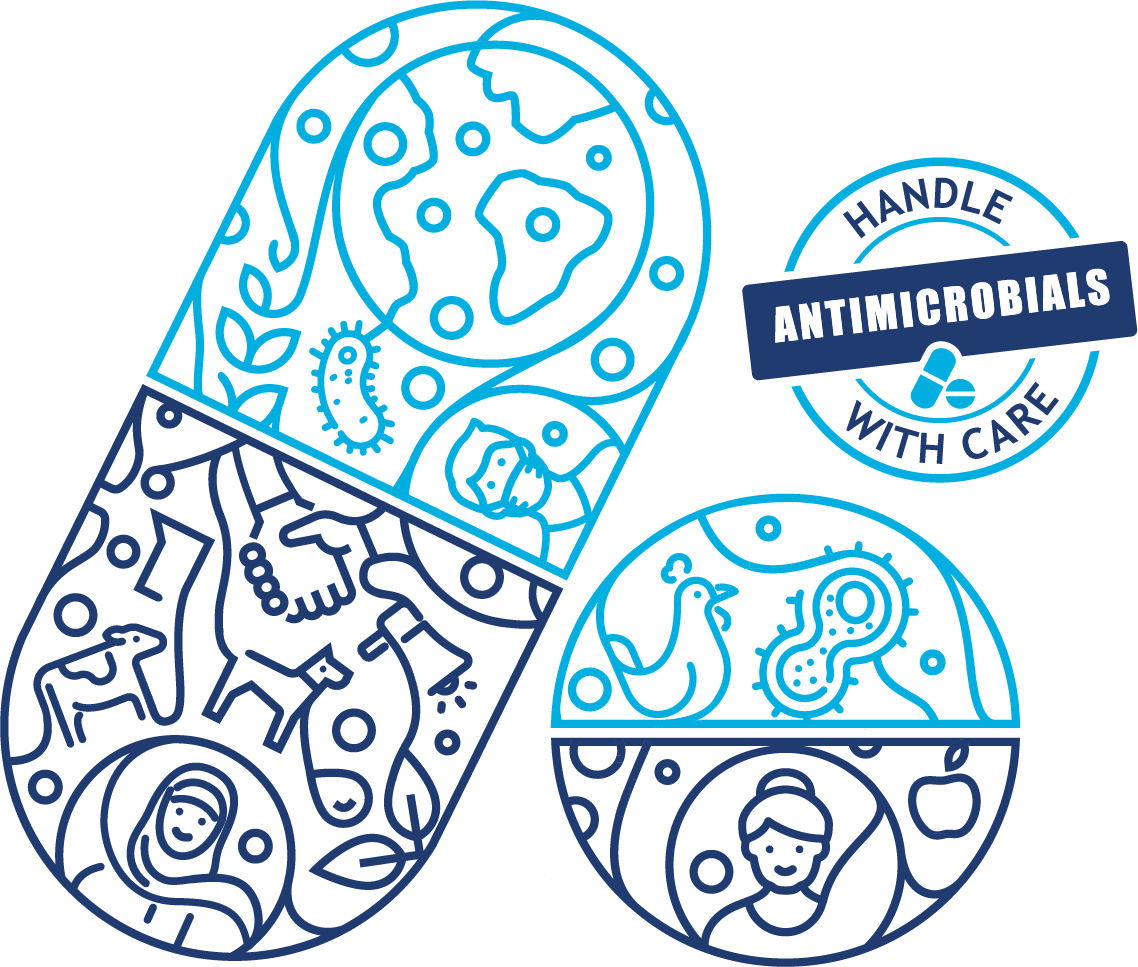LAMP is designed to spark conversation. And it has done just that.
I am a final year GP trainee in Bradford, and have been involved with the LAMP campaign for over a year. I write the text for the bimonthly reports, and try to send the kind of message that will make clinicians stop and think about how we practice. This is not easy when our priorities are overshadowed by the pandemic and general practice is experiencing pressures like never before.
I realised that at my practice not all prescribers were receiving the LAMP reports, and that was the first conversation that we started. The reports provide feedback, not for the practice management to be aware of how the unit is performing, but for every single prescriber who has a responsibility towards antimicrobial stewardship and contributes to those feedback numbers. Each individual prescriber makes up the practice, PCN, CCG and national numbers for antimicrobial prescribing, and so the message needs to go to every single one of them!
I spoke with fellow doctors about what made the reports interesting: the evidence updates, the local comparisons, the reminders in the context of the COVID-19 pandemic.
At the start of the pandemic the primary care emergency response was to switch to teleconsultation where possible. This allowed measures to contain the COVID-19 virus, at the same time as managing the demands of general practice. The loss of physical examination was compensated for by meticulous history taking, and strict safety netting. And the latter sometimes took shape in the form of ‘just in case’ antibiotic prescribing. Patients with suspected COVID-19 in certain parts of the country were being prescribed prophylactic antibiotics if felt to be at risk of secondary bacterial infection.
I was doing all of the above. We didn’t want to ‘miss’ a treatable infection, and so the threshold for prescribing antibiotics was lowered.
This knee jerk behaviour had to then be reversed. We had to treat suspected viral infections as just that. COVID-19 guidelines reiterated that no antibiotics were of any benefit. The watchful waiting approach had to be made popular again. Clinicians needed the confidence to say ‘no antibiotics’ where they were not needed, and patients needed to feel confident in the decisions being made.
LAMP aims to facilitate this. At my practice we have had discussions based on the reports. We primarily look at what proportion of antibiotics we are prescribing. The temporal comparison to ‘this time last year’ has helped us to reflect on the factors that affect antibiotic prescribing. The comparison to the rest of the CCG is important. And more-so the comparison to the PCN practices, as they essentially cover a similar demographic and so in theory our antibiotic prescribing rates should be similar. This is not always the case, as the influences on antibiotic prescribing are so complex. But this is exactly what we need to reflect on.
Antimicrobial stewardship is about prescribing antibiotics when the patients really need it. And using diagnostic skills to determine when patients don’t. The individual prescribing indicators have helped us to think about how our prescribing rates fair against guidelines. But it also raises the issue of how well we are coding diagnoses to justify antibiotic prescriptions. For example, if a Co-amoxiclav prescription for a human bite is not given the correct read code, it is then flagged up incorrectly as an inappropriate prescription. So we need to be mindful of how we prescribe, but we also need to ensure our record-keeping reflects how we justify the prescribing decision.
LAMP uses audit and feedback to promote antimicrobial stewardship. An adjunct to this is the presentation of evidence which is relevant, contemporaneous, and directly related to how we make prescribing decisions. In the last 18 months we have ensured there are references to COVID-19 in each report to acknowledge the overriding priority of the NHS.
Being part of LAMP has made me reflect on my clinical practice, and has encouraged me to have those open discussions about how antimicrobial resistance is OUR problem. I recently presented the findings from LAMP at the annual RCGP conference, and there was overwhelming interest about this quality improvement initiative addressing a global problem. Clinicians are keen to make positive changes, and I hope LAMP can continue to remind us that we ALL need to contribute towards antimicrobial stewardship.



